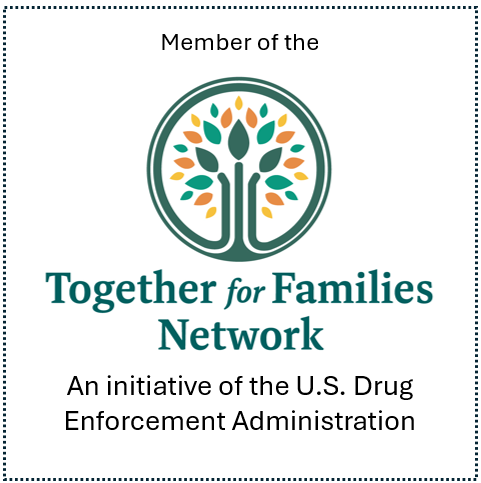Tips for Supporting Healthy Teen Relationships
Ask the Experts | Beth Walsh-Sahutske
Remember those initial days of your first serious relationship? My memory is forever linked to the scent of Drakkar Noir mixed with stale hockey equipment. Teen romance in the 80s was no joke! Today’s teens probably smell much better, but the delirious dopamine-filled brain of a teen in love is perhaps still the same.
Getting airtime with your teen may be challenging, but they still look to parents for guidance on healthy relationships. Modeling healthy partnerships is the best communication. Sharing tidbits when an adolescent is lost in love is also a good idea.
Good relationships start with open and honest communication as the cornerstone. Partners should feel comfortable expressing their thoughts, feelings, and concerns without fear of judgment. Active listening, where both individuals genuinely pay attention to each other, fosters understanding.
Trust is essential for emotional security. Teens in a healthy relationship are honest and transparent, ensuring that neither feels the need to hide things. Trust is built over time through consistent actions, reliability, and integrity.
Healthy relationships recognize and respect personal boundaries. This includes emotional, physical, and time-related boundaries. Both parties should feel free to express their needs and limitations without guilt or pressure. Talk with your teen about consent.
Teen couples should uplift and support each other’s goals, dreams, and well-being. A strong relationship includes encouragement during challenges and celebration during successes, without jealousy or resentment.
While relationships thrive on connection, maintaining individuality is equally important. Healthy adolescent relationships allow both people to pursue their interests, friendships, and personal growth without feeling controlled or stifled.
Disagreements are natural, but handling them constructively is crucial. The goal is to resolve conflicts with patience, compromise, and focus on finding solutions rather than blaming each other. Apologizing when wrong and forgiving mistakes strengthens the bond.
These are the ideals we hope teens aspire to develop. But at a minimum, the crucial bottom line is that a healthy relationship should never involve fear, manipulation, or abuse. Both partners should feel emotionally and physically safe, knowing they can express themselves without retaliation.
Eventually, the dopamine high of a new relationship wears off, and couples may develop a deeper compatibility. Conversely, sometimes teens spend a long time together simply because it is more convenient. Evaluating if this is still healthy is essential. Lovingly supporting teens through breakups comes with the promise of growth.
Relationships are a lot of work, but hopefully, teens will learn to recognize the joy and fulfillment of healthy relationships as they dream of Netflix RomCom goals like I once did of John Hughes’ version. [Cue Ferris Bueller’s Day Off soundtrack. Yello “Ohhh Yeahhh”]






